By Chris Tanner | Thu, August 30, 18
As we push through the final months of summer, battered by record heat waves, the energy grid is put to the ultimate test. The increase in demand on the grid is usually passed on to us, the consumer, as a higher energy bill. How can we keep cool while also reducing our energy costs, and in turn, our energy usage?
Here are ten tips to help you beat the heat, save money, and reduce your carbon footprint:
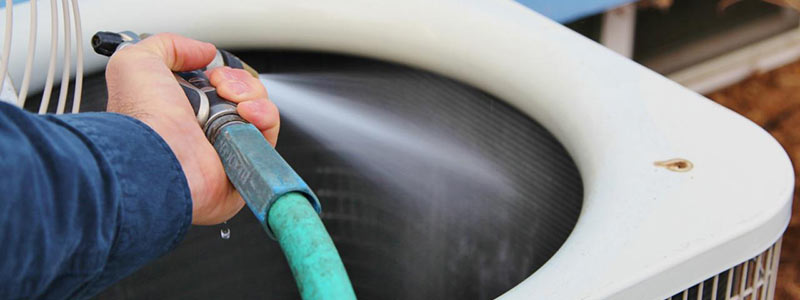
1. Give your air conditioner a checkup – or a replacement
One of the most important factors in reducing energy costs and keeping cool is maximizing the efficiency of your cooling systems. Clearing a clogged A/C unit filter alone can save 5 to 15 percent in energy use1, and will help keep the unit in proper working order for longer – saving you money on expensive replacements down the road.
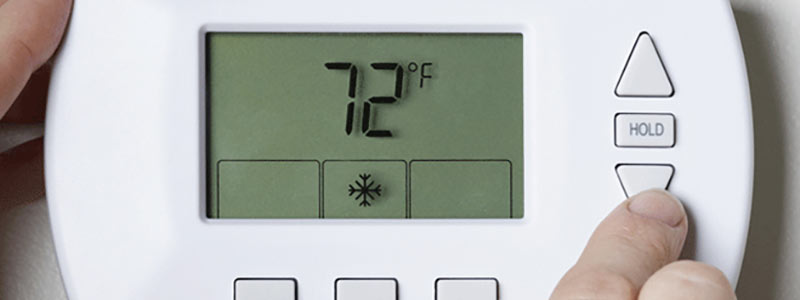
2. Adjust your thermostat
In the summer, especially on particularly hot days, “adjusting the thermostat” evokes the feeling of furiously pressing the down arrow on the control panel. Unfortunately, this is also the most efficient way to maximize your energy bill. During the summer months, try to keep your thermostat at a temperature just cool enough to keep you comfortable, and then bump it up a degree. One study found that each degree a thermostat is set above 75⁰F could save 10-15 percent in energy used!

3. Spend time outdoors
I know what you’re thinking – I’m trying to stay cool! But what is summer for other than getting together with friends and enjoying the things we can’t during the colder months? Carpe diem! When you’re out of the house, you’re not using energy that would otherwise be used to cool you off. Turning off lights, air-conditioning, and not using energy-consumers like water heating or cooking can help reduce your energy costs. Every minute counts!
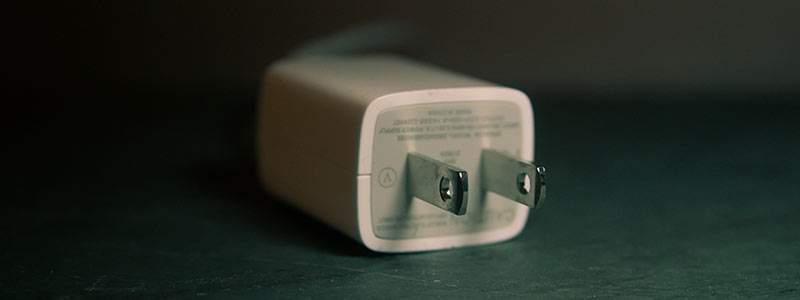
4. Unplug devices
When you do decide to get out of the house, unplugging devices from their respective outlets or using smart power strips can help reduce energy costs by eliminating “phantom” or “standby” electricity that appliances, chargers, and standard power strips use, even when not in use.
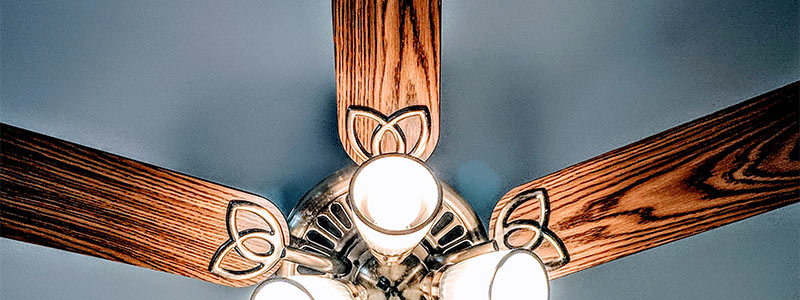
5. Use fans instead of A/C
We’ve talked a lot about how to make you’re A/C more efficient – but did you know fans use roughly 1/60th the energy of an air conditioner? Ceiling fans can cut back on air conditioning needs, saving up to 40 percent on electricity.1 Fans, while they don’t cool the air, they pull body heat away from your skin, and can be used in conjunction with air conditioning, letting you raise your thermostat a few degrees and still remain comfortable.
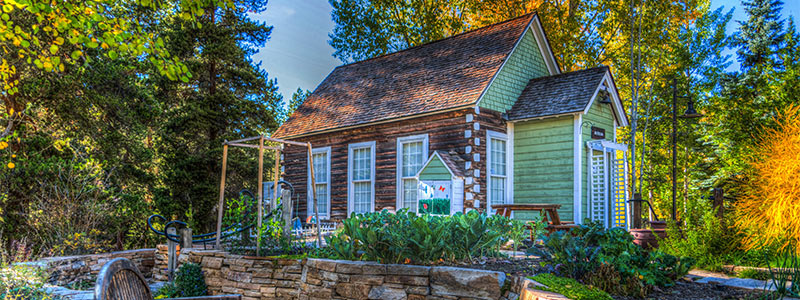
6. Plants can provide much needed shade
You may have experienced the phenomenon of walking into the shade on a hot summer day and instantly feeling a significant difference in temperature. Now imagine if your house could be in the shade during the hottest hours of the day! Planting shrubs and trees on the south and west sides of your house, or at least over your outdoor A/C unit, can make your cooling systems up to 10 percent more efficient.1

7. Lower your water heating costs
Water heating accounts for about 18 percent of the energy consumed in your home.2 Lowering the temperature of your water heater can help save energy, and who needs a scalding hot shower in the summer anyway?
Laundry, another water-hog, can also be optimized in the summer. Make sure you maximize your loads – this not only gets you more for your money, but also helps you do laundry less often. Doing laundry with cold water and hang drying are other ways to save even more on your energy bills.

8. Use electricity during off-peak hours
The time of day you use electricity is also very important when it comes to saving money on your energy bills. Energy companies charge more during “peak” hours – hours of the day when demand is the highest. By scheduling your energy use to “off peak” hours – early morning or late at night – you can help reduce load on the grid and lower your monthly energy bill. On particularly hot days (over 90 degrees Fahrenheit), it is recommended you wait until after 6:00 p.m. to cook, do laundry, or wash dishes.3
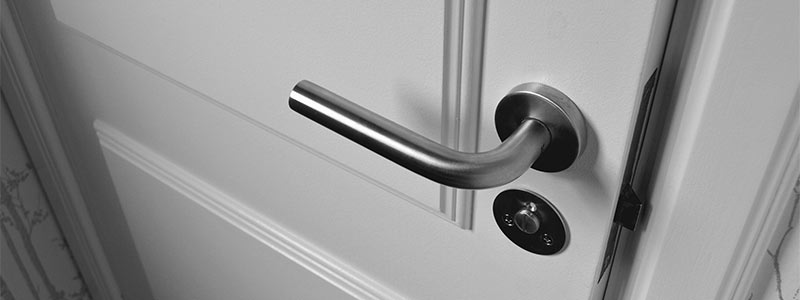
9. Close doors & vents
If you’re at home, closing doors and A/C vents in rooms that are not in use can help make your cooling system more efficient. By not wasting energy cooling rooms that no one is in, it takes less energy (and money!) to keep you comfortable.
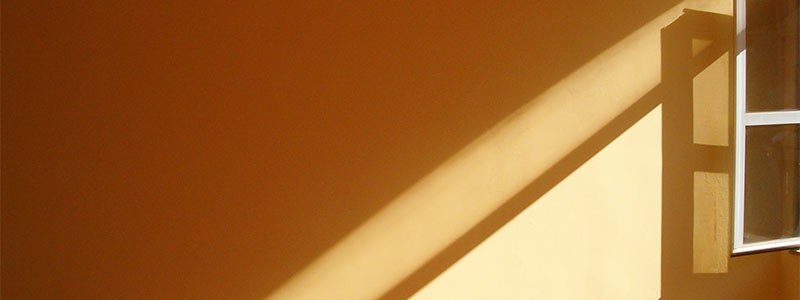
10. Use your windows to cool at night & keep out heat during the day
If you live in a climate where it cools off at night, turning off your cooling system and opening the windows to let cool air in (and hot air out!) is a great way to save energy and lower your energy bill. During the day, keeping blinds drawn and windows closed can help keep the pesky heat from warming up your interior space, and making your cooling systems work harder to keep the space comfortable.
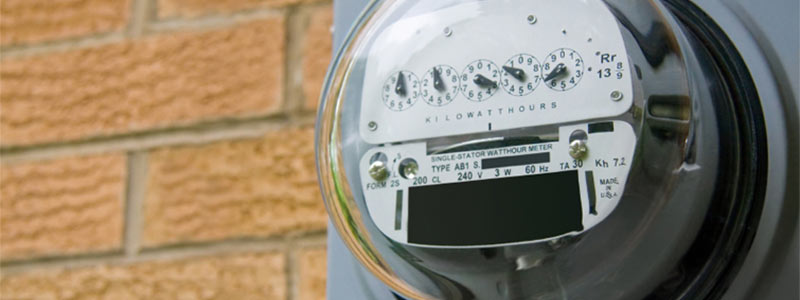
Bonus: Participate in a voluntary direct load control program, if available
Direct load control programs are widely available, and involve letting your electric company install a control switch to regulate energy usage of air conditioners or heaters throughout the day in exchange for bill credits.
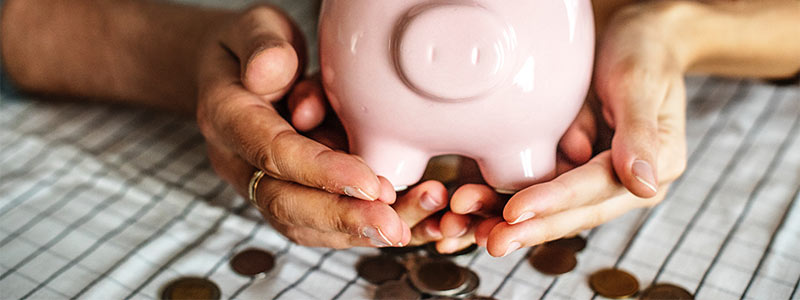
Bonus: Ask about discounts you can receive
There are a number of year-round discounts available to help you save money on your energy bill. Discounts for low-income households, persons on disability, or another form of limited income may qualify you for discounts. Call your energy provider to see what is available in your area.
